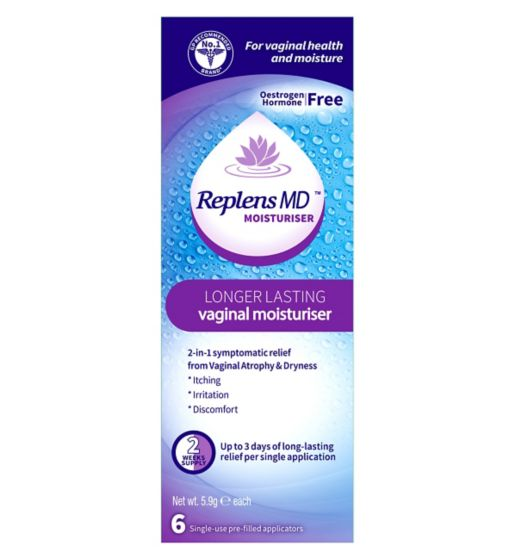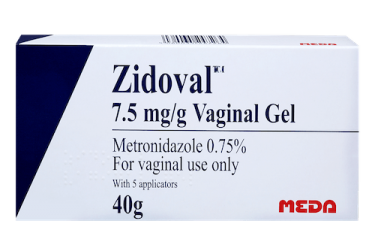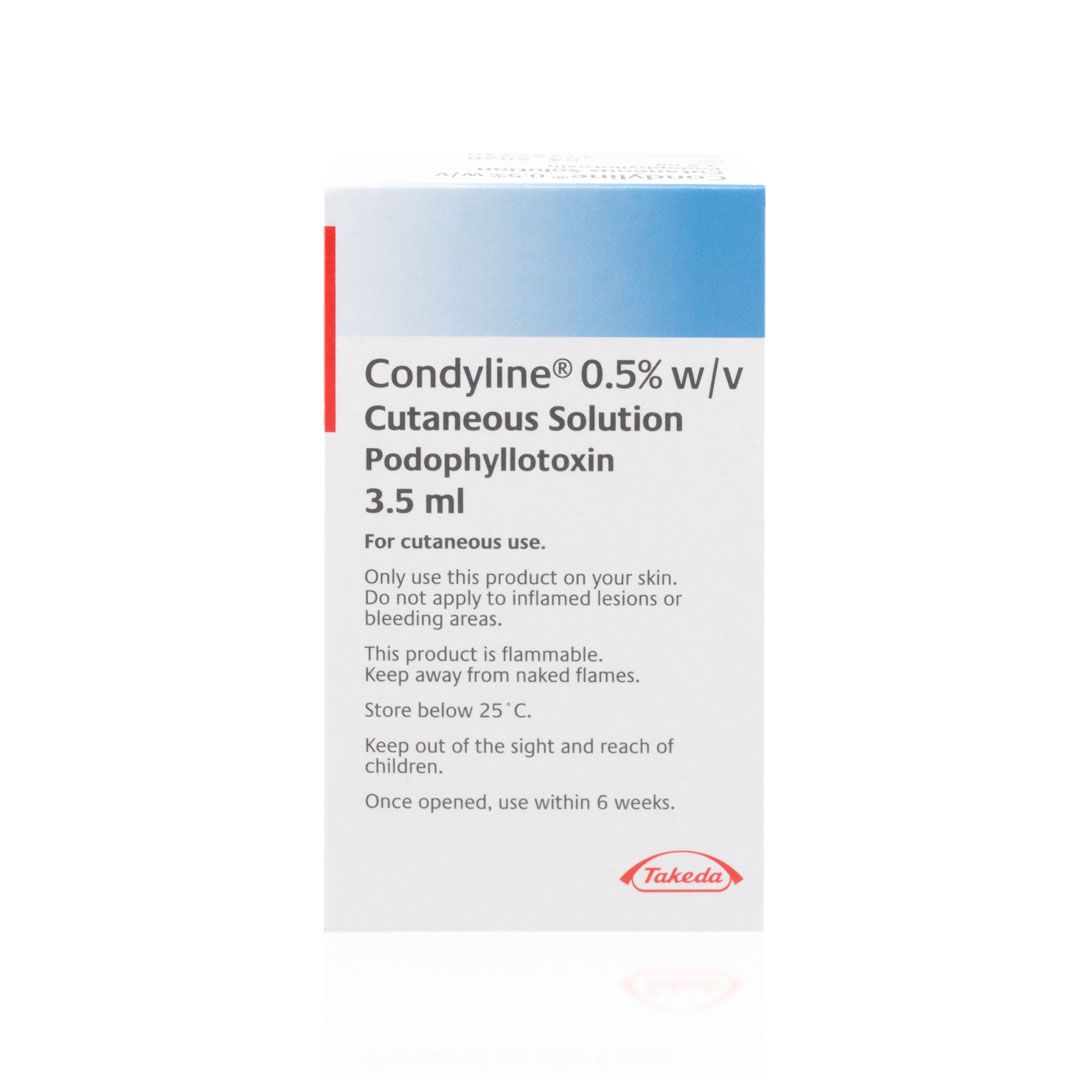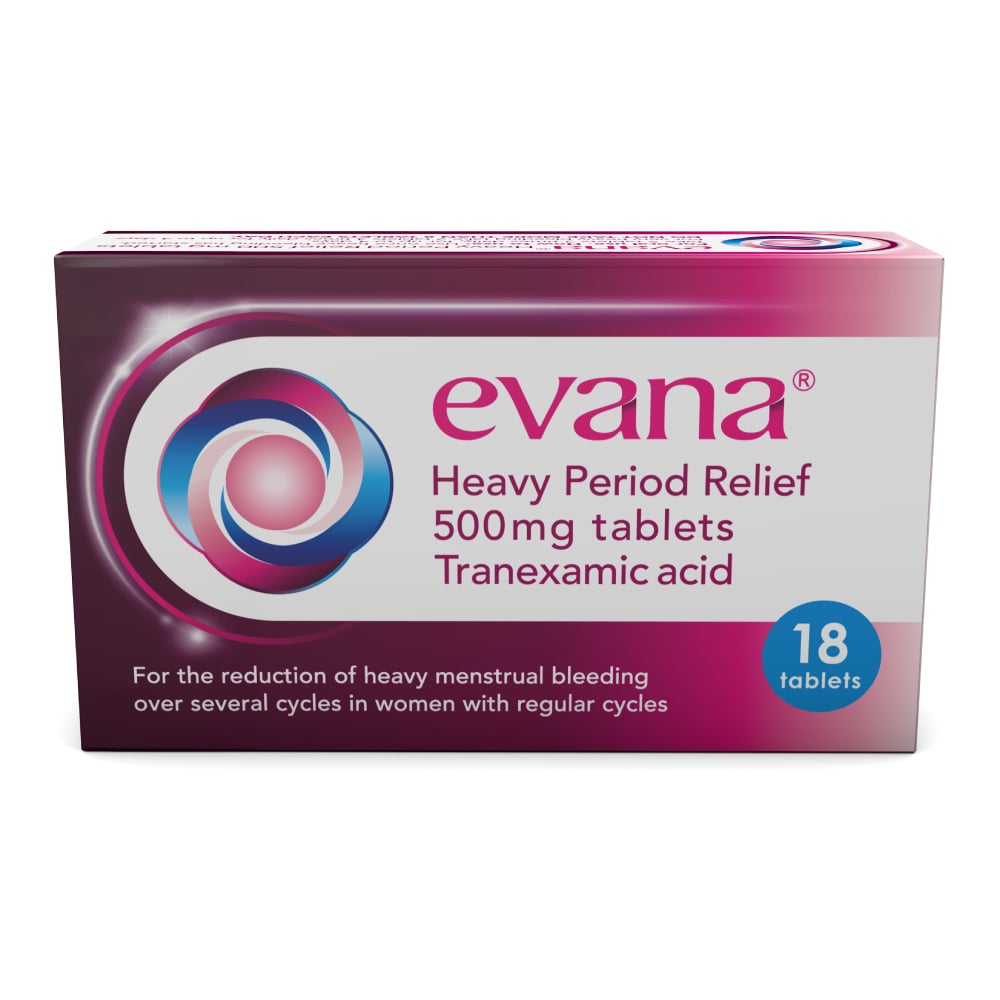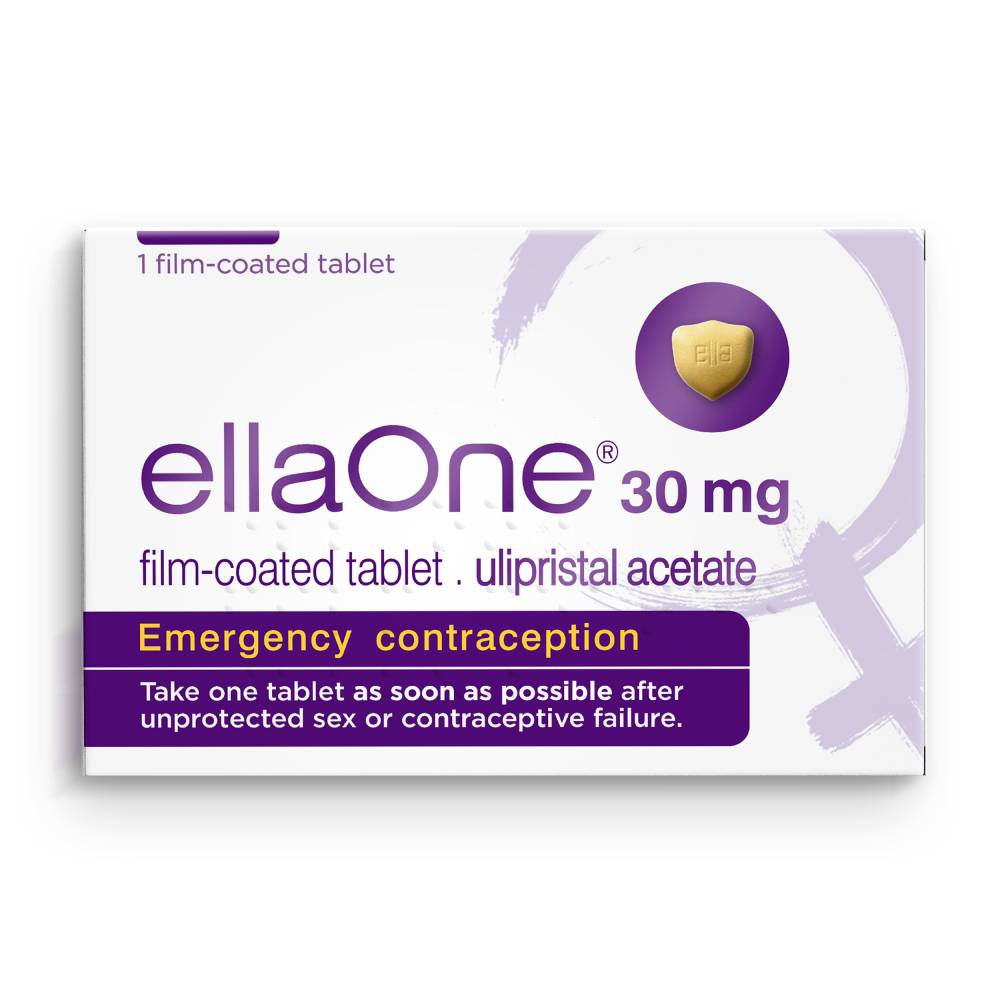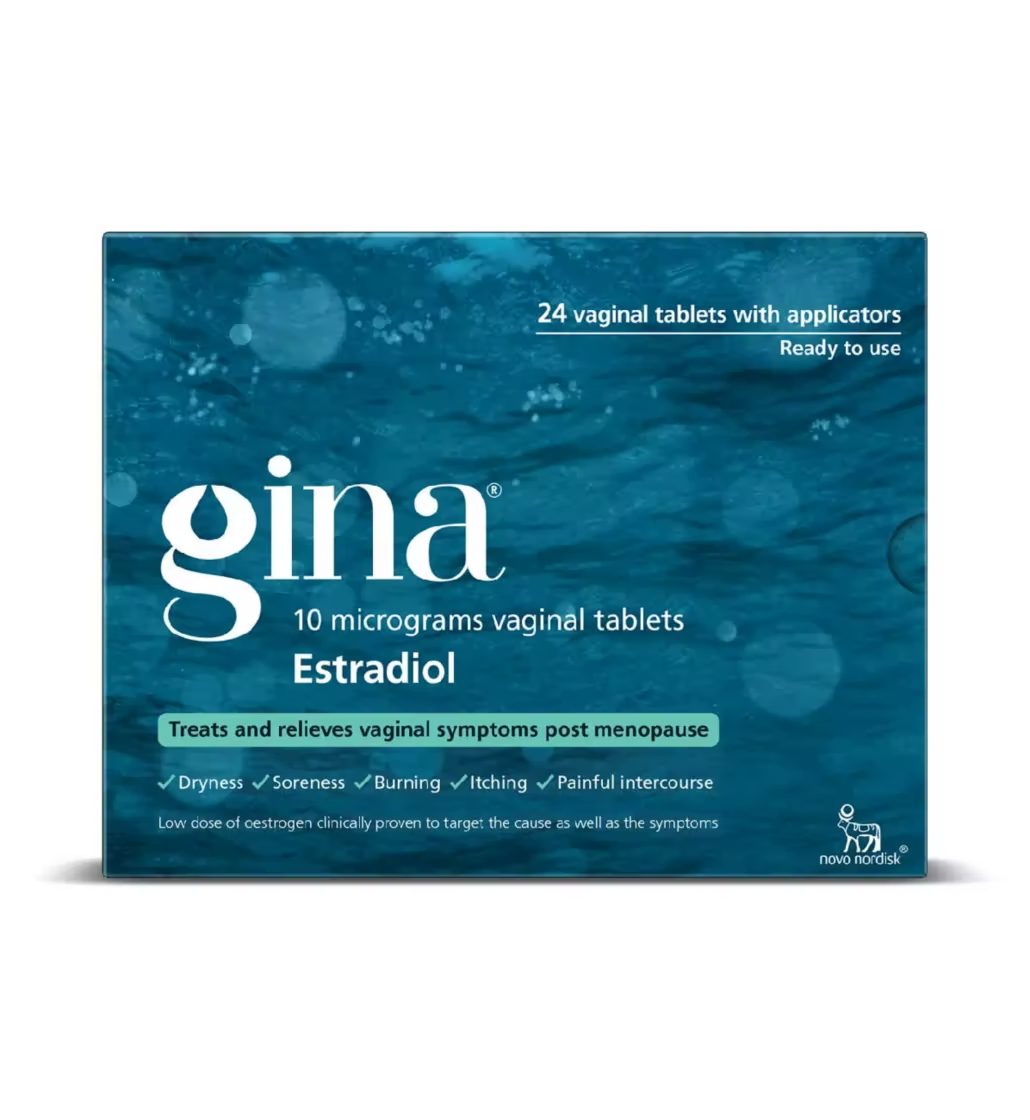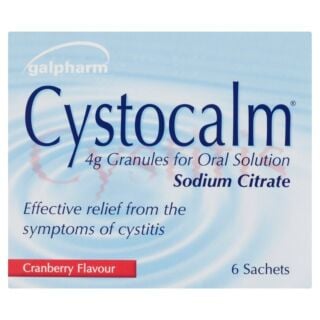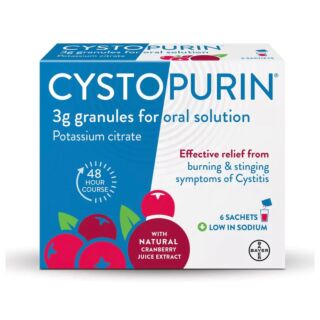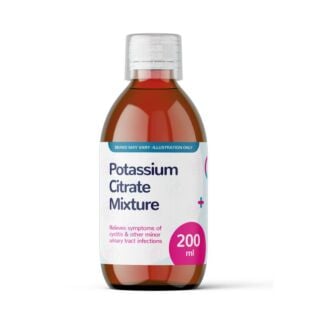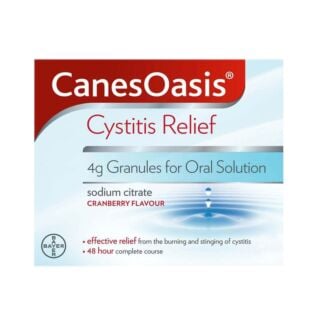Cystitis (UTI)
Cystitis is a common type of urinary tract infection that can cause discomfort when you pee, often leaving you feeling like you need to go more often than usual. It can affect anyone, but it’s particularly common in women. … Read More See less
While cystitis can be unpleasant, the upside is that it’s usually easy to treat with the right products and a few simple lifestyle changes.
Whether you’re looking for relief from symptoms or ways to help prevent infections in the future, you can find a range of helpful treatments and information right here.
What is cystitis?
Cystitis is a type of urinary tract infection (UTI) that causes inflammation of the bladder.
It’s often triggered by bacteria entering the urethra and travelling to the bladder, though it can also develop from irritation caused by things like chemicals found in hygiene products, dehydration, catheters and friction caused during sexual intercourse.
While cystitis is more common in women, it can affect people of any age or gender. For many, cases are mild and short-lived, but some people can experience recurrent or chronic symptoms that may need further investigation from a healthcare professional.
Cystitis causes
Cystitis can develop for a number of reasons, ranging from bacterial infections right through to lifestyle-related irritation. Identifying the cause can help you find the most effective treatment and prevent future flare-ups.
Here’s a few of the more common causes:
Bacterial infection
The most common cause of cystitis is a bacterial infection, usually from E. coli, which lives in the bowel. Bacteria can enter the urethra and travel to the bladder, where they multiply and cause inflammation.
Irritation and non-infectious causes
Not all cases of cystitis are caused by bacteria. Some are triggered by irritation or damage to the bladder lining. Common non-infectious causes include:
- Friction from sexual intercourse
- Use of perfumed soaps, bubble baths or intimate hygiene products
- Long-term catheter use
- Holding in urine too long
- Dehydration
Hormonal changes
Hormonal fluctuations, particularly during menopause or pregnancy, can make the urinary tract more vulnerable to infection and irritation.
Underlying health conditions
Certain medical issues can also increase your risk of recurrent or chronic cystitis, such as:
- Diabetes
- Weakened immune system
- Kidney stones
Signs and symptoms of cystitis
Cystitis symptoms can vary depending on the cause and severity, but they often come on suddenly and can feel quite uncomfortable. Common signs to look out for include:
- A burning or stinging sensation when peeing
- Needing to pee more often
- A sudden need to pee
- Passing only small amounts of urine
- Cloudy, dark or strong-smelling urine
- Lower tummy pain or a feeling of pressure
If the infection spreads to the kidneys or becomes more serious, you may also experience:
- A high temperature
- Pain in your lower back or sides
- Nausea or vomiting
Seek medical advice if these symptoms occur, as you may need stronger treatment.
In children and older adults
Cystitis may be harder to spot in young children or elderly people. Signs can include:
- Fever with no obvious cause
- Irritability or tiredness
- Reduced appetite
- Wetting themselves more than usual
- Confusion or sudden changes in behaviour - often more common in older adults
Always speak to a GP if a child or elderly relative shows any of these symptoms.
Cystitis diagnosis
Mild cases of cystitis often clear up on their own and don’t usually require a formal diagnosis from a doctor. However, if symptoms persist for more than a few days, or if they worsen or keep returning, it’s important to speak to your GP.
Diagnosis typically begins with a discussion of your symptoms and medical history. A urine sample may be used to check for signs of infection in your pee.
In some cases, especially if symptoms are severe or recurrent, your GP may send a urine sample to a lab for more enhanced testing to identify the specific bacteria involved.
This process helps rule out other conditions and ensures the most appropriate treatment is offered to you.
Cystitis treatment
There are several ways to treat cystitis depending on the cause and severity of your symptoms, though many people find that mild cases go away on their own within a few days, especially with the right self-care.
How to get rid of cystitis fast at home
If you're looking for quick relief at home, the first step is to drink plenty of water. This helps flush bacteria out of your bladder and can speed up recovery. Cystitis relief sachets, which contain ingredients like sodium citrate, are also a popular option.
These work by making your pee less acidic, easing the burning or stinging feeling you may experience when you have to go.
Painkillers such as paracetamol or ibuprofen can help reduce discomfort too, and it’s generally best to avoid irritants such as caffeine, alcohol and spicy foods until you’re feeling better.
Do I need antibiotics?
If your symptoms are severe, last longer than a couple of days or keep coming back, it’s important to see a GP.
You may need a short course of antibiotics to fully clear the infection. These usually start working quickly, but as with any course of antibiotics it's important to complete the full course to prevent the infection from returning.
Cystitis preventative measures
If you’re prone to cystitis, or just want to avoid it altogether, a few simple habits can make a big difference in reducing the risk of infection. While not every case is preventable, these tips may help keep symptoms at bay:
Stay well hydrated - Drinking plenty of water helps flush bacteria out of the urinary tract before it has a chance to cause you any problems
Don’t hold it in - Going to the toilet as soon as you feel the urge helps prevent bacteria from building up in the bladder
Wipe from front to back when using the toilet - This helps stop bacteria from the bowel spreading to the urethra
Pee after sex - This may help flush out any bacteria that could have entered the urinary tract during intercourse
Avoid perfumed products - Steer clear of bubble baths, scented soaps and intimate washes that could irritate the area
Consider supplements - Cranberry or D-mannose products may be worth trying if you get frequent infections, though results vary from person to person
If you keep getting cystitis, speak to a GP or pharmacist. There may be an underlying cause, a need for antibiotics or a long-term treatment option to consider.
What is a chronic UTI?
A chronic UTI is when a urinary tract infection doesn’t fully clear or keeps coming back.
This can mean the symptoms never completely go away, or they return shortly after treatment ends. Some people experience repeated flare-ups over months or even years, which can lead to ongoing bladder discomfort and impact day-to-day life.
Chronic UTIs are often harder to diagnose too, as standard tests may not always pick up low-level infections. Treatment may involve longer courses of lower-dose antibiotics or further investigation to rule out underlying issues like kidney stones or other bladder problems.
If you suspect you have a chronic UTI, speak to your GP. Repeated infections shouldn’t be ignored and persistent symptoms may need a different approach than a typical one-off case.
Cystitis in pregnancy
Cystitis is more common during pregnancy due to hormonal changes and the pressure of the growing uterus on the bladder, which makes it harder to fully empty the bladder.
It’s important to treat it promptly, as UTIs in pregnancy can lead to serious complications such as kidney infections if left unchecked.
Always speak to your midwife, GP or pharmacist if you think you have cystitis while you’re pregnant. You may need antibiotics that are safe to use during pregnancy, and over-the-counter treatments like cystitis sachets should only be used with medical advice.
You should make sure you drink plenty of water and avoid any other irritants to help manage symptoms and prevent repeat infections during the course of your pregnancy.
Sources
https://www.nhs.uk/conditions/cystitis/
https://www.yalemedicine.org/conditions/cystitis
https://www.mayoclinic.org/diseases-conditions/cystitis/symptoms-causes/syc-20371306
https://medlineplus.gov/ency/article/000514.htm
https://www.bupa.co.uk/health-information/urinary-bladder-problems/cystitis
https://www.mayoclinic.org/diseases-conditions/cystitis/diagnosis-treatment/drc-20371311
https://bladderhealthuk.org/cystitis-utis-fowlerssyndrome/bc-treatments/preventative-measures
https://www.nhs.uk/conditions/urinary-tract-infections-utis/

Free delivery when you spend over £30

100% discreet delivery for every item ordered

Fully regulated UK pharmacy
Are there home remedies for cystitis?
If you have a mild case of cystitis then there are a few things you can do at home to ease your symptoms until the infection has passed.
For starters, holding a hot water bottle over your stomach or between your legs can help to ease your abdominal pain.
Make sure to drink plenty of water and go to the toilet regularly, you may want to avoid it when you’re dealing with stinging when you pee but hydration is important!
When you do go to the toilet, make sure to wipe from front to back to help prevent more bacteria from entering your urinary tract, it’s a good idea to avoid having sex for the same reason.
You may also want to try cleaning around your genitals with a skin-sensitive soap.
What is cystitis?
Cystitis is a common type of UTI that predominantly affects women.
It occurs when the bladder becomes inflamed, typically caused by a bladder infection.
They’re usually more of a nuisance than a sign that something serious is going on, with mild cases often getting better on their own within a few days.
If it doesn’t go away on its own and your symptoms worsen, you should speak to your doctor as it could be a sign of a kidney infection.
Can children get cystitis?
Yes, children can get cystitis.
If your child gets cystitis you may also notice the following symptoms as well as the urgent need to pee and stomach pain that’s present in adults:
- A fever of 38 degrees C or more
- Weakness
- Feeling irritable or grumpy
- Reduced appetite
- Being sick
Can men get cystitis?
Men can get cystitis, although it’s rarer in men than it is in women.
This is simply because a man’s urethra is further away from their anus than a woman’s, making it harder to transfer bacteria when using the toilet.
The causes and treatments for cystitis are the same in both men and women.
Do I have cystitis or thrush?
Although cystitis and thrush can affect a very similar area they’re actually very different.
Thrush is a fungal infection, whereas cystitis is a urinary tract infection caused by bacteria.
The easiest way to tell the two apart is by looking at their symptoms.
If you have thrush, you’ll usually notice a white, cottage cheese-like discharge and an itching sensation, but cystitis causes stinging when you pee and abdominal pain.
What are the causes of cystitis?
There are a lot of different things that can cause cystitis.
It happens when bacteria gets into your urinary tract or urethra and makes its way into your bladder, causing infection.
Some of the main things that can increase your chances of getting cystitis include:
- Having sex
- Wiping your bottom from back to front
- Having a urinary catheter
- Pregnancy
- Diabetes
- A weakened immune system
- Being younger than 1 or older than 75
What is Interstitial Cystitis?
Interstitial cystitis is a type of urinary tract infection that causes pelvic pain and trouble peeing, it’s also called painful bladder syndrome.
It’s different from regular cystitis as it doesn’t seem to be caused by an infection in your bladder and antibiotics typically don’t work as a treatment.
The causes of interstitial cystitis are currently unknown, although people think it may be caused by damage to your bladder lining or problems with your pelvic floor muscles.
Interstitial cystitis usually begins to affect you when you’re in your 30s or 40s and, like regular cystitis, is much more common in women than men.
If you think you may have interstitial cystitis you should speak to your doctor as soon as possible.
Will I get cystitis after sex?
You can get cystitis after having sex, but that doesn’t mean you’ll get cystitis every time you have sex or that there aren’t any other causes.
Women often get cystitis after having sex because it can make it easier for bacteria to get into your urethra and move up to your bladder from there, causing a UTI.
If you use a diaphragm as your method of contraception this can also increase your chances of getting cystitis after sex.


